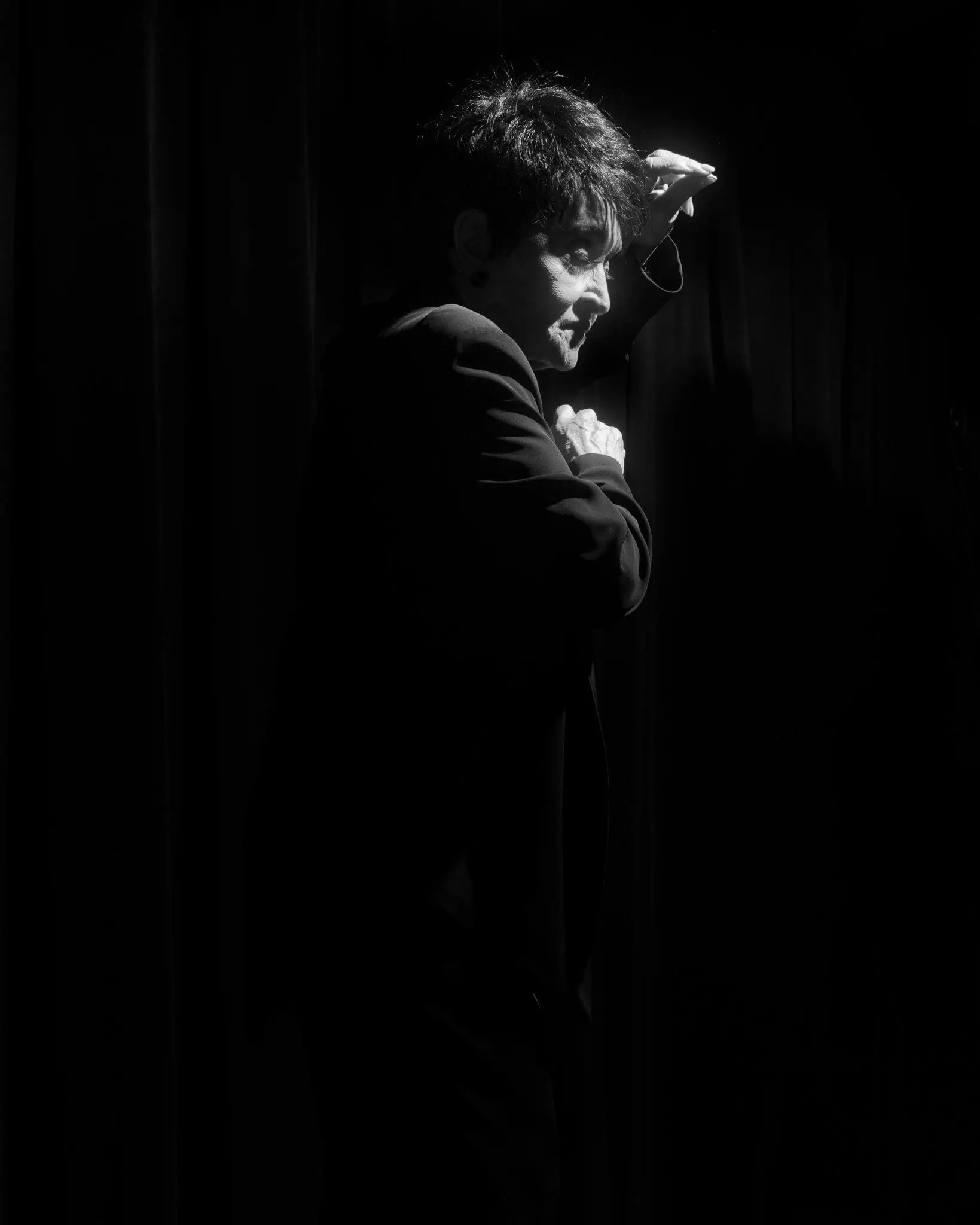The Broadway luminary, Chita Rivera, who passed away at the age of 91, was an enduring star on the stage. Initially recognized for her dancing prowess in the 1950s, she ascended from the chorus of “Guys and Dolls” to play Anita in “West Side Story.” In the ’60s and ’70s, she ventured into comedy and satire with productions like “Bye Bye Birdie” and “Chicago.” As her career progressed with works such as “The Rink” (1984), “Kiss of the Spider Woman” (1993), and “The Visit” (2015), her dramatic flair took center stage.
While her legs, lines, and looks were often noted, it is her voice that stands out for some. In the early days, dancers like Rivera stayed in their lane, but her journey evolved. Despite her initial focus on dance, she discovered her singing talent during a tour in the early 1950s. Encouraged by a piano player in Chicago, she embraced her singing abilities, a revelation that surprised her.
Rivera’s voice is distinctive for its natural quality, seamlessly transitioning from dialogue to lyrics. Her vocal delivery remains consistent, featuring a slightly reedy, husky yet clarion tone. The lack of a distinct boundary between dialogue and lyrics was a unique trait, possibly stemming from her initial apprehension in singing compared to her confidence in movement.
An exemplary showcase of her vocal prowess is evident in her performance as Anita, particularly in the powerful lyrics of “A Boy Like That” by Stephen Sondheim. Even in comedic roles, Rivera skillfully navigated the emotional nuances of her characters, infusing her singing with authenticity and depth.
Rivera’s memoir, “Chita: A Memoir,” delves into her complex self-perception, where her sweet and kind persona as Chita coexists with the fiery Dolores. The duality is vividly portrayed in her role as Anna in “The Rink,” where she played an Italian character with a distinct Puerto Rican flair. The duet “The Apple Doesn’t Fall,” sung with Liza Minnelli, showcases their harmonies that intertwine sentiments of affection and anger.
As Rivera aged, her voice encapsulated a blend of rawness and polish, snark and sentiment, seamlessly merging the various facets of her personality. In her final Broadway role in “The Visit,” her voice conveyed a spectrum of emotions in songs like “Love and Love Alone,” capturing the complexities of love with both affection and anger.
Chita Rivera’s thrilling and alarming voice, with its craggy yet unstoppable quality, became a unifying force, bringing together the different dimensions of her artistic persona.


Leave a Reply